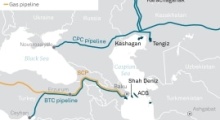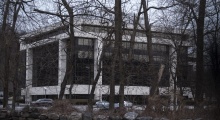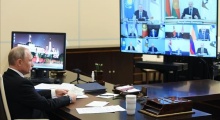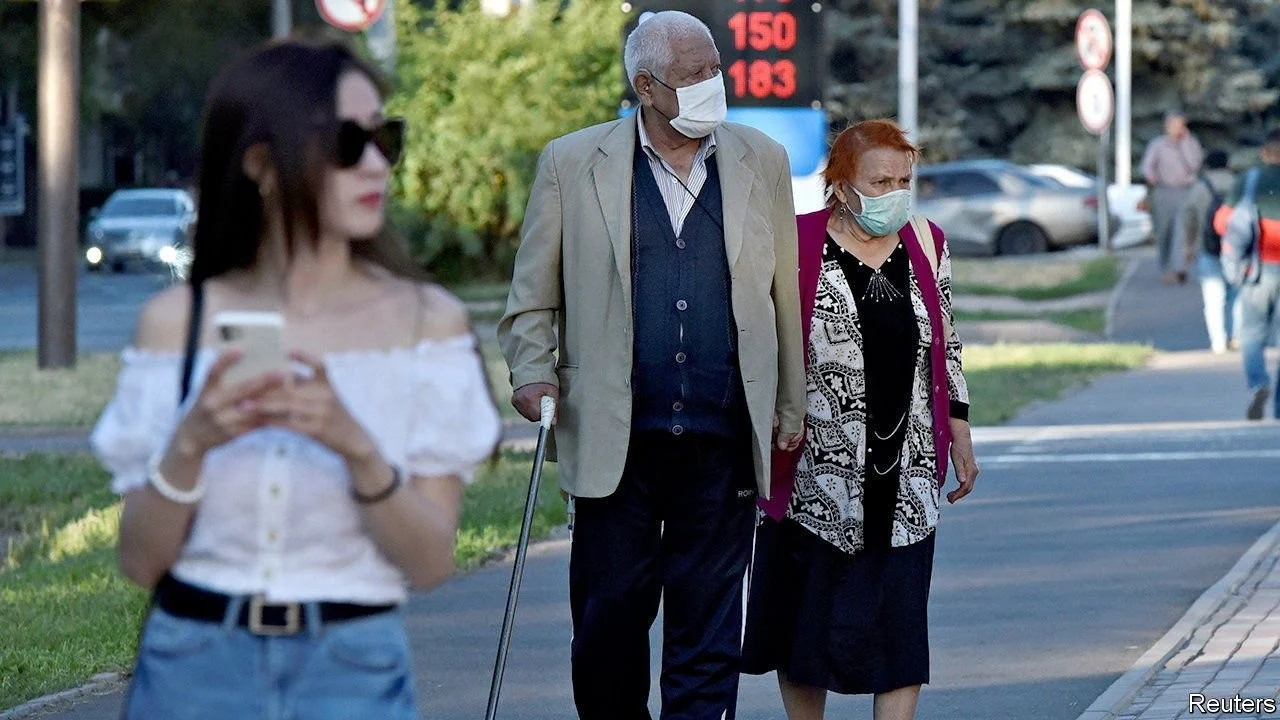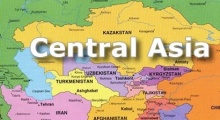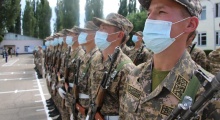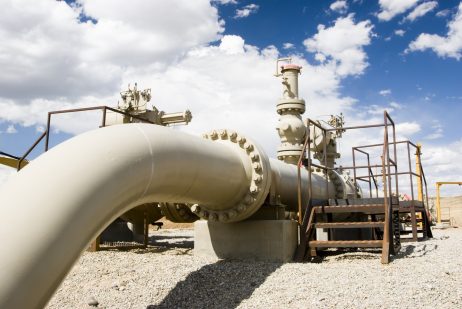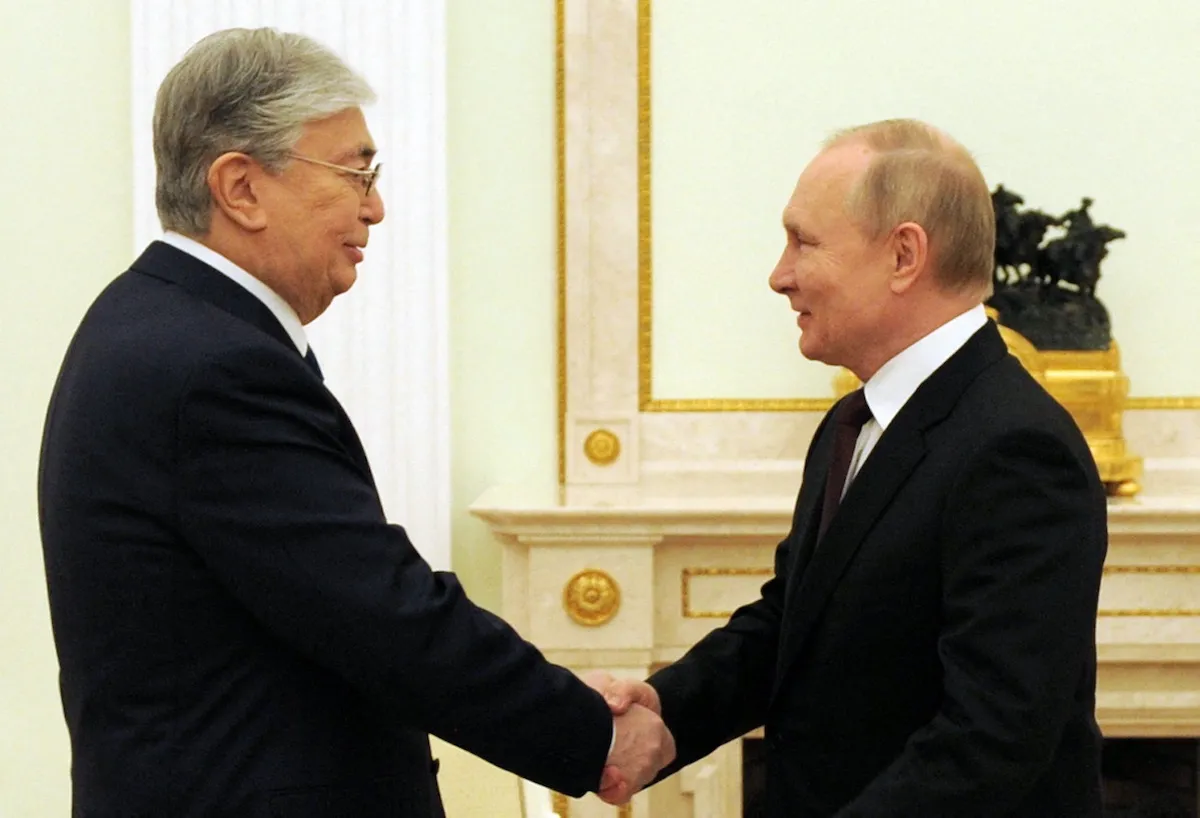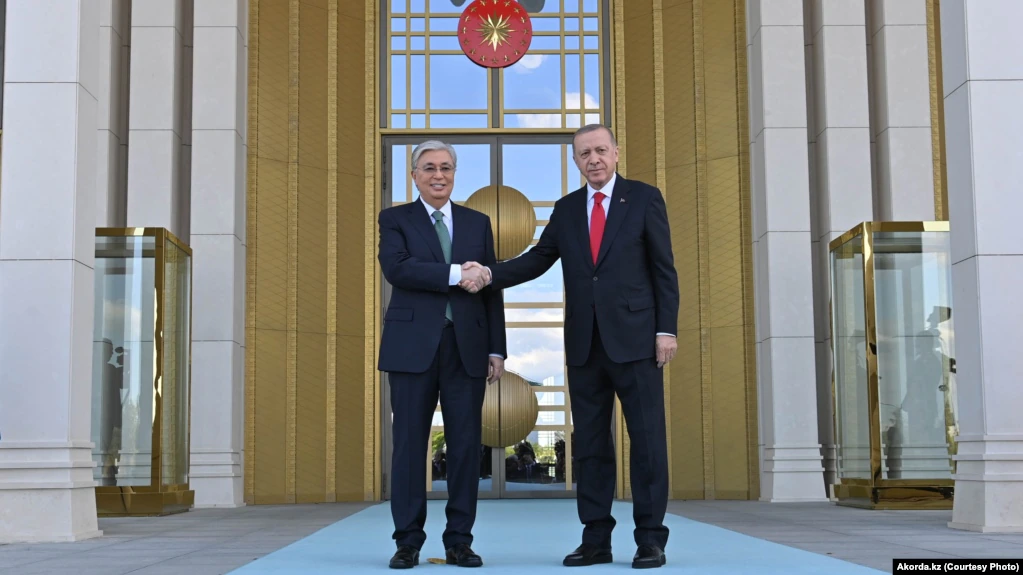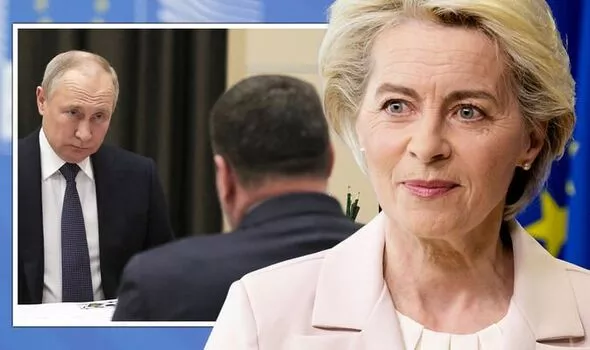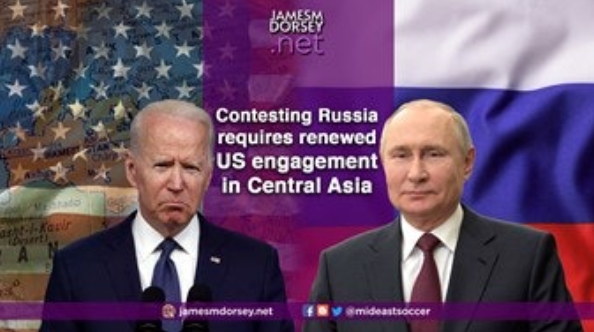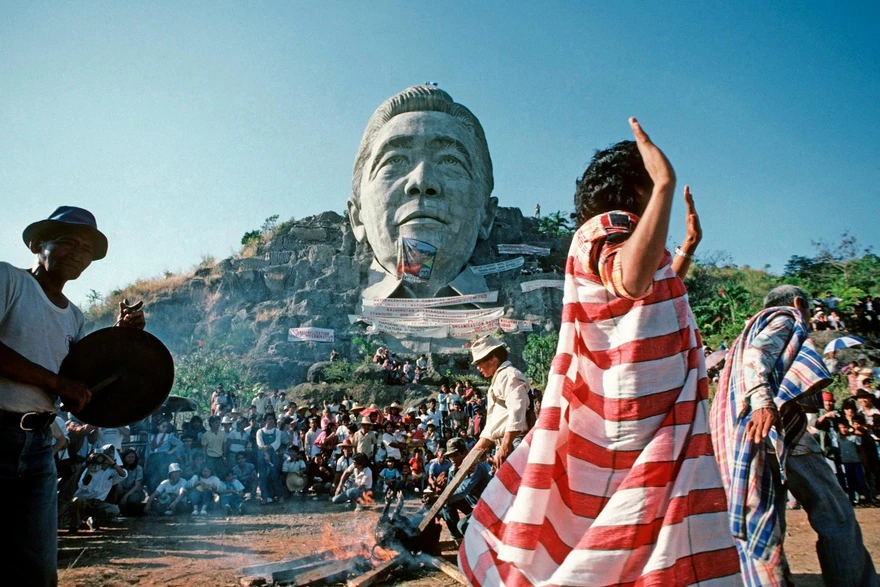
On the picture: Dispossessed farmers dance in front of the Marcos Monument after suffering for years under dictator Ferdinand Marcos. He and his wife Imelda were overthrown by the "People Power" revolution in 1986. Peter Charlesworth/LightRocket
For a long time Switzerland was considered a safe haven for the ill-gotten gains of many dictators, not least because of its banking secrecy. In recent years it has been a leader in fighting dirty money, although the past has not gone away. We look at 15 of the most infamous cases involving illicit funds in Switzerland.


